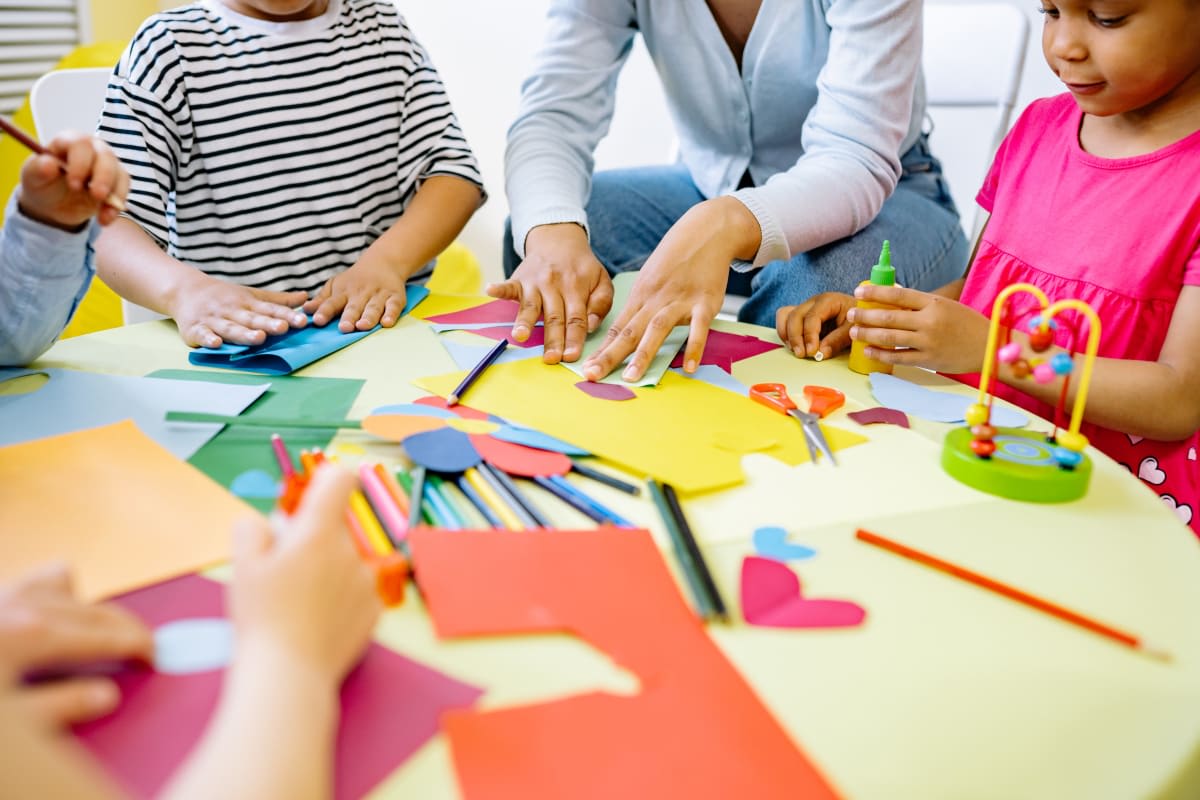Why teaching empathy in schools helped make Denmark one of the happiest countries
Empathy is one of the emotions critical to leading a happy life and the Danish understand that way too well.

Empathy is an emotion critical to leading a holistically healthy life. In layman's language, it is the ability to understand and share the feelings of another person. Moreover, it is a quality not everyone can instill in themselves, but everyone must have to lead a happier life. Similarly, the people of Denmark understand the importance of empathy and that's why it has been compulsory to teach kids about empathy in schools since 1993.

Denmark used to rank as the happiest country in the world up until 2016, before Finland pushed it to second place. Nevertheless, Denmark is undoubtedly still one of the happiest places in the world. According to Denmark's official website, happiness has always been linked closely with community spirit and social equality. Both of these things are handled commendably by Denmark. Also, both of these qualities are driven by the emotion of empathy, which pushes the Danish to do better for the overall development of everyone. A crucial example of collective empathy showcased in Denmark is that people are happy to pay high taxes. That is because they believe it to be the responsibility of everyone who can work to function to make things easier for the very young, very old, very sick or disabled.
Jeff Sachs, the co-creator of the World Happiness Report and a professor at Columbia University, told CNBC Make It, "When researchers talk about 'happiness,' they’re referring to 'satisfaction with the way one’s life is going.'" Despite empathy being such a crucial emotion for happiness, a study by the University of Michigan stated that about 14000 college students found that the students of today have 40% less empathy than the students back in the 1980s and 1990s. That is why Danish schools strictly have an hour each week dedicated to teaching kids about empathy. According to the Danes, empathy is not as much an inherent trait as it is a learned skill. Just like math or football, the more empathy you showcase more empathetic you become.
In these weekly one-hour "Klassens tid" or class time dedicated to empathy, kids talk about their problems with the whole class, per Quartz. These problems may or may not be related to school. However, the whole class, including the teacher, brainstorms together to come up with a solution using real-time listening and understanding. In the absence of any problems or issues to discuss, the kids simply practice "hygge." Hygge is a term closely associated with the Danish culture. In a country that sees the light of the day for very few hours a day, hygge refers to a feeling of warmth, light and contentment that is brought about by induced intimacy.
Denmark has figured out how to teach kids empathy and make them happier adults https://t.co/sTo8L4fEnB via @qz
— Fred Rogers Institute (@FredRogersInst) August 29, 2016
Teaching empathy cannot work individually. One also needs to teach kids other aspects of emotional maturity, like kindness and gratitude. In the Danish culture, competition is strictly off-limits. The only competition one has is that with oneself. It allows children to focus on where they need to improve rather than focusing on who they need to outshine. The Danes also tend to pair up kids with different strengths and weaknesses to teach the kids two things. The first thing is that helping others always leads to better results, and the second thing is that success cannot be achieved alone.
This article originally appeared 1 year ago.

 Share on Facebook
Share on Facebook





